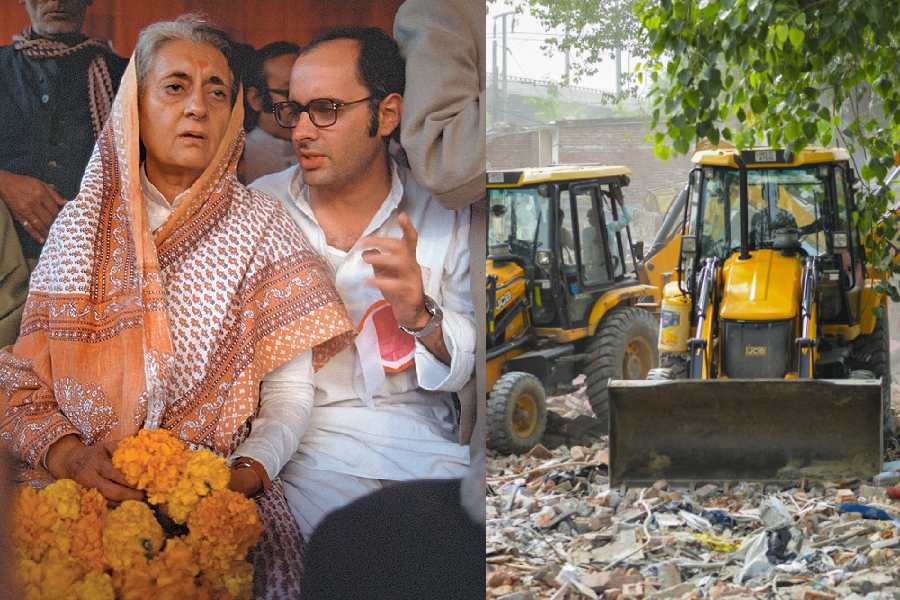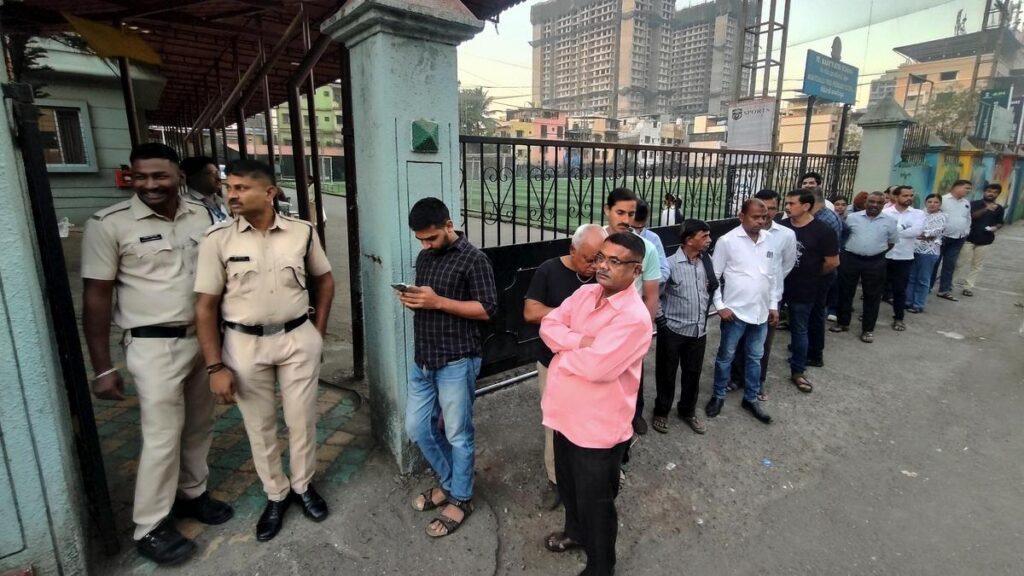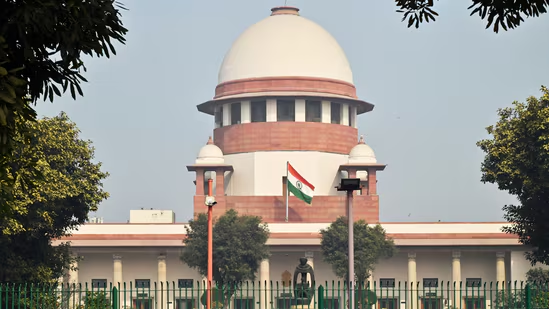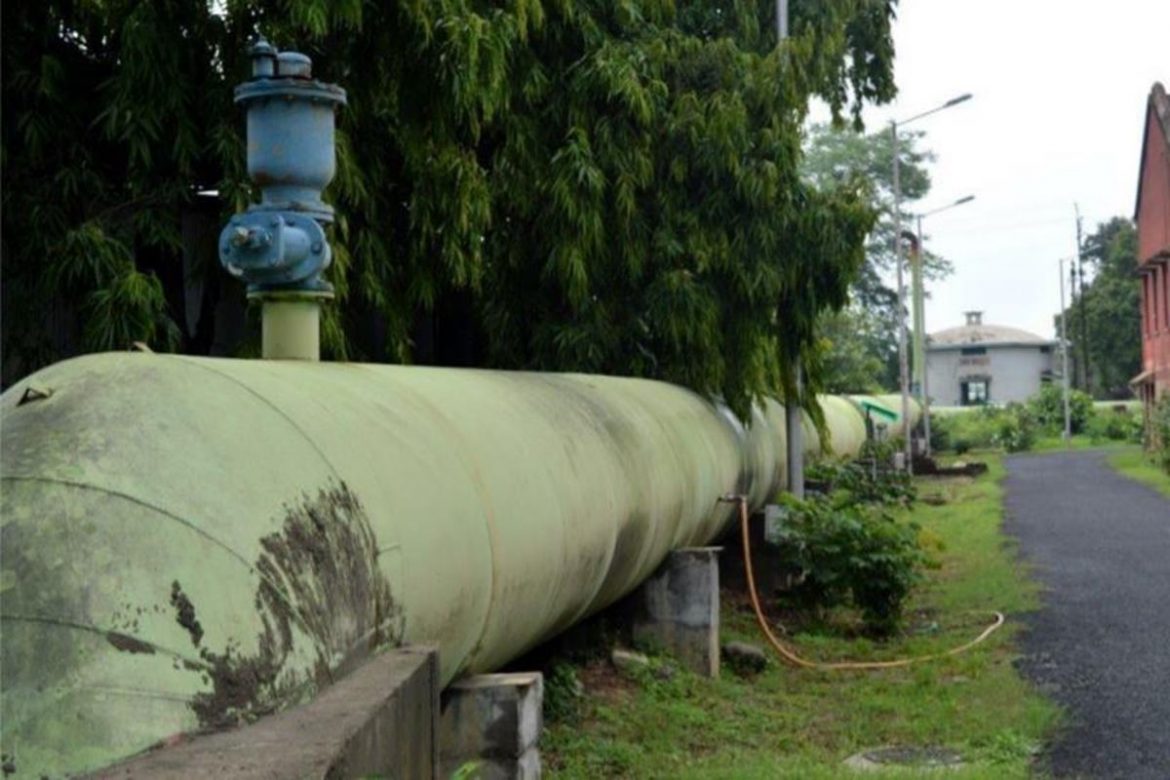Now Reading: Bulldozer Politics in India: A History of Demolition and Discontent
-
01
Bulldozer Politics in India: A History of Demolition and Discontent
Bulldozer Politics in India: A History of Demolition and Discontent

The term “bulldozer politics” has come to symbolise state-led demolitions often seen as punitive or politically driven. From the Turkman Gate incident during the Emergency to present-day demolitions in Uttar Pradesh and Delhi’s Jangpura, this approach has sparked repeated debates over legality, governance, and citizen rights. In Tier 2 cities too, the ripple effects are evident as local governments adopt similar strategies in the name of development or law enforcement.
The Legacy of Turkman Gate
In the mid-1970s, Turkman Gate in Delhi became a flashpoint when homes were razed during a controversial beautification drive under Sanjay Gandhi’s influence. The demolitions led to resistance, police action, and widespread criticism, setting a precedent for how state power could be exercised against settlements often labelled “unauthorised.”
Yogi Adityanath and the Rise of Bulldozer Symbolism
Decades later, Uttar Pradesh Chief Minister Yogi Adityanath popularised the image of the bulldozer as a law-and-order tool. In many cases, properties of alleged criminals or rioters were demolished swiftly after unrest. Supporters see it as a crackdown on criminality, but critics argue it bypasses legal process and often targets minorities or the poor.
Recent Spotlight: Jangpura Demolitions in Delhi
The Jangpura area witnessed demolitions that drew local protests and political condemnation. Residents questioned the timing and fairness of the action, particularly as notices were reportedly either missing or delivered late. For many, it raised concerns about selective enforcement and lack of rehabilitation plans.
Growing Trend in Tier 2 Cities
From Bhopal to Nagpur and even towns like Moradabad and Hubballi, bulldozer action is now being used for slum clearances, traffic decongestion, or post-riot crackdowns. In many instances, affected families complain of no prior warning or alternative housing. Civic authorities argue such steps are necessary to maintain order and push infrastructure development.
Legal and Ethical Concerns
While state authorities cite municipal acts and court orders, legal experts have pointed out that the lack of due process could make such actions legally vulnerable. Courts have occasionally intervened, asking for status quo or compensation, especially where demolitions are carried out without proper verification.
Conclusion
Bulldozer politics, once a rare tactic, has become a recurring feature in India’s administrative playbook. While it appeals to a section of the public demanding swift action, it also raises serious questions about fairness, legality, and the rights of the urban poor. For Tier 2 cities aiming for smart development, balancing enforcement with empathy and rule of law will be crucial to avoiding social unrest and ensuring inclusive growth.

























